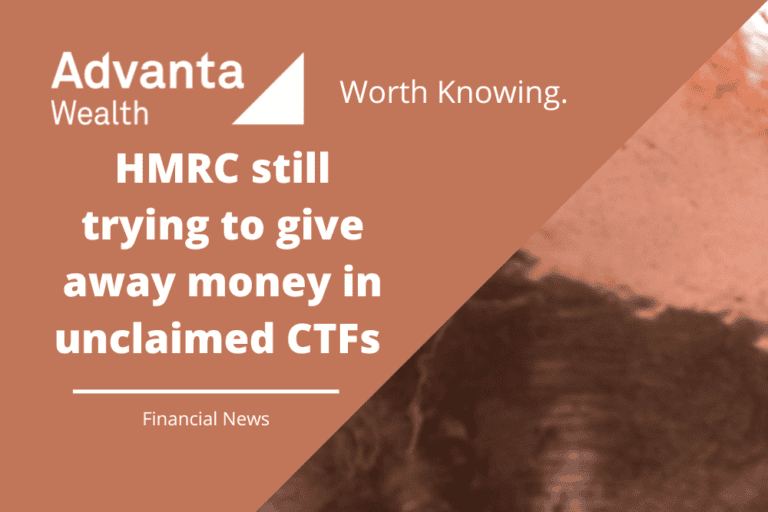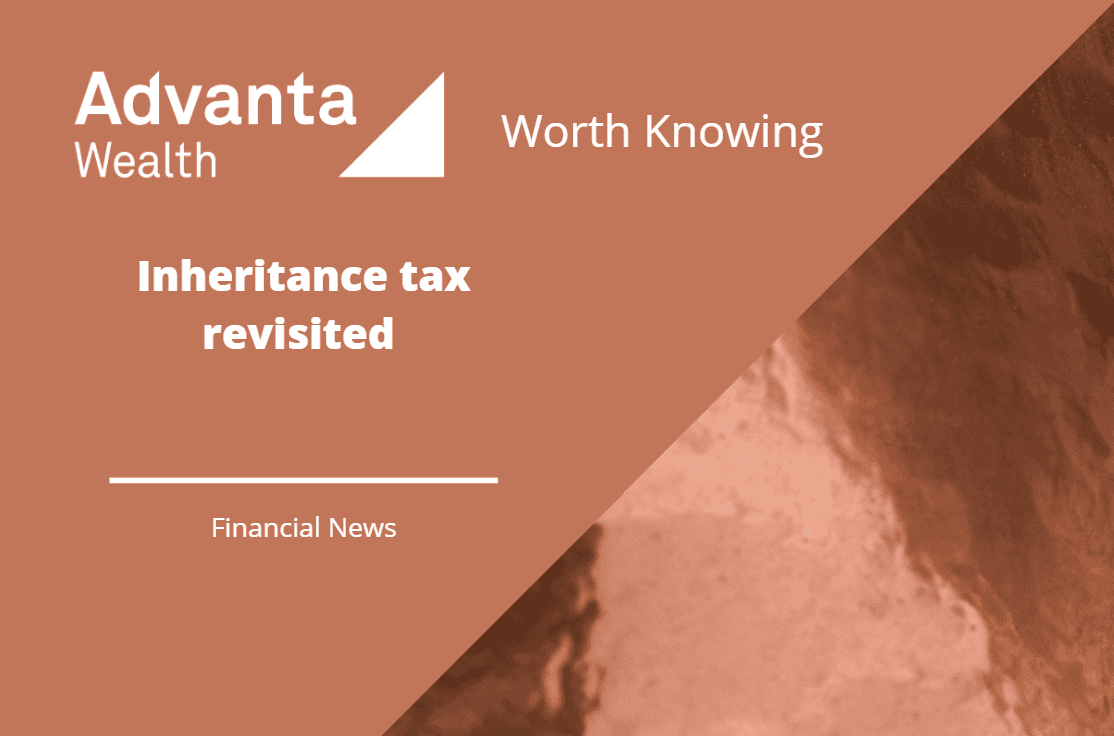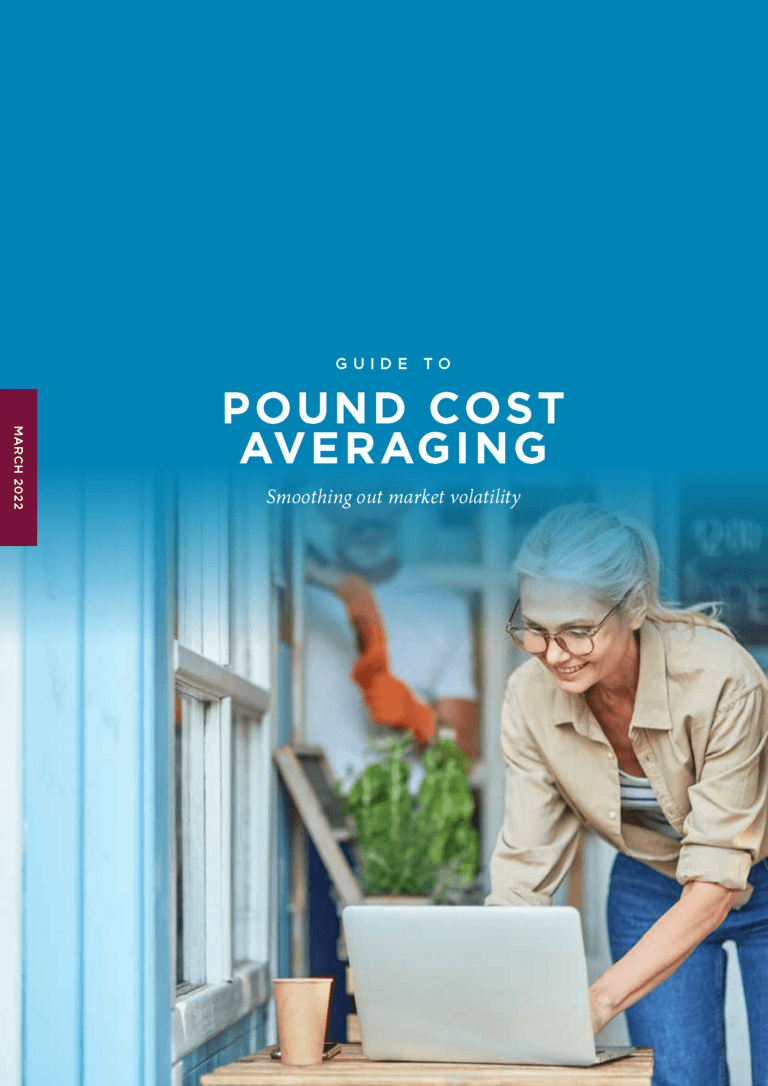HMRC is uncharacteristically keen to give money away, reminding young adults again that they may be due unclaimed child trust funds (CTFs). The amount still to be paid out comes to just under £1.4 billion.
As the UK settles under its first Labour government in 14 years, there is a certain irony that one of the policies of the last Labour government is still playing out, despite being scrapped by the Conservative/Liberal Democrat coalition government in 2010.
CTFs were launched in January 2005. Over the next six years, the government paid £2 billion into accounts for 6.3 million children born between 1 September 2002 and 2 January 2011. C In practice, most children’s CTF received a single payment of around £250, which was doubled for low-income families. A second similar payment was made once the child reached age 7, provided this occurred before 3 January 2011.
The government made these payments through a voucher sent to the child’s parent or guardian. The method was not a great success. As a consequence, HMRC opened 28% of all CTF accounts by default on behalf of children whose parents/guardians had left the vouchers unused for 12 months. However, the lack of interest by parents/guardians signalled the future problems that would emerge when CTFs began to mature as children reached age 18.
Fast forward to 5 April 2024 when recently published HMRC statistics revealed that 671,000 CTFs had reached maturity but were unclaimed. More than half were for adults of 19 or older. The average value of the unclaimed plans was a little over £2,000. However, there were 25,000 plans with a value of at least £10,000, almost certainly the result of additional contributions by parents or relations.
If you, your children or your grandchildren want to track a ‘lost’ CTF, then HMRC has a web tool that can supply the name of the CTF provider.
Fortunately, a legislative change several years ago means that the UK tax freedom enjoyed by CTFs continues beyond age 18. However, it may be better to transfer the matured CTF monies into a new adult ISA or lifetime ISA, which could potentially offer lower charges and/or a wider investment choice. For the same reasons, it can be worth transferring CTFs yet to mature into a Junior ISA.
The value of your investment and any income from it can go down as well as up and you may not get back the full amount you invested.
Tax treatment varies according to individual circumstances and is subject to change.
The Financial Conduct Authority does not regulate tax advice.











